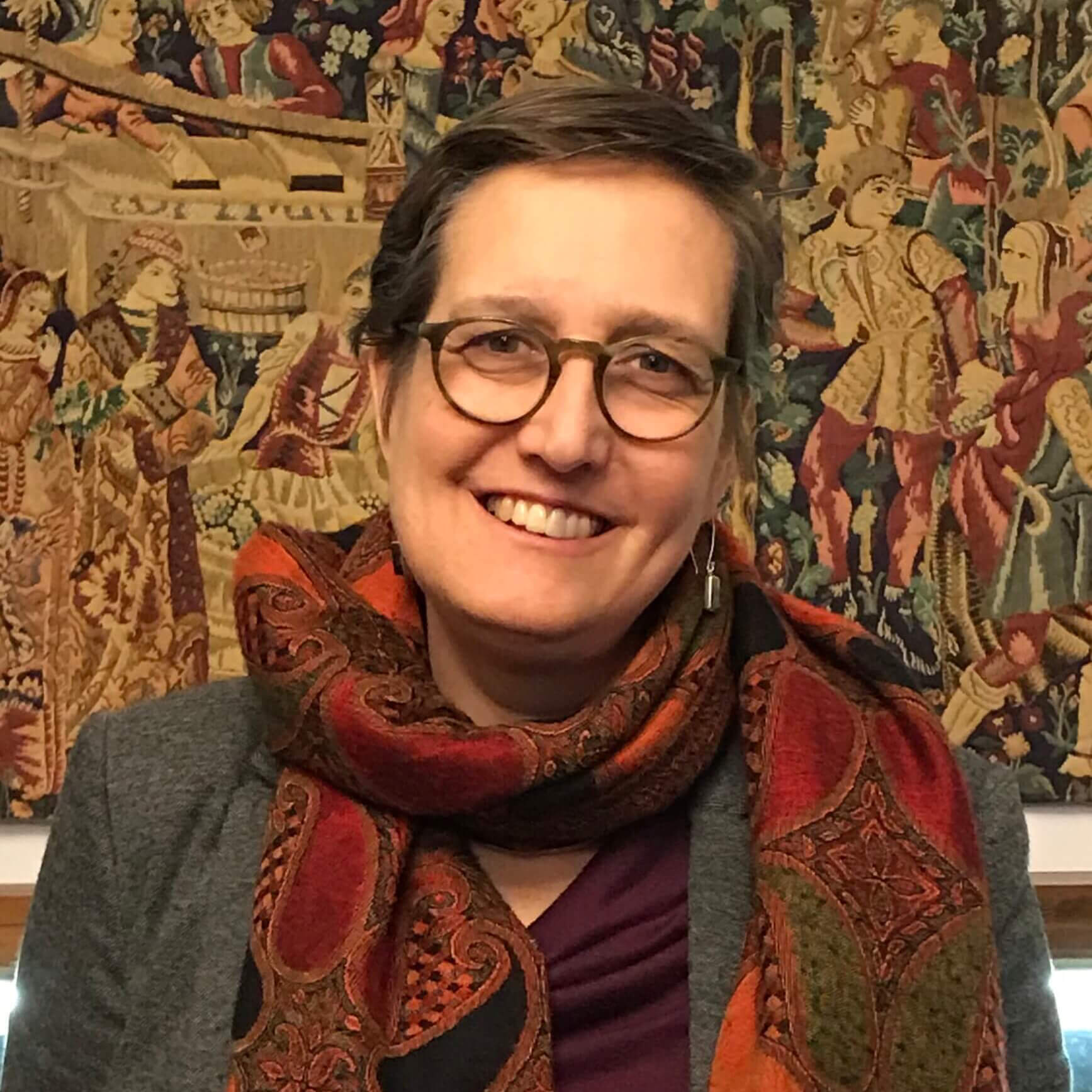Heide Estes, Ph.D., professor of English, has been elected a member of the executive committee for the Old English Language and Literature Committee (LLC) of the Modern Language Association (MLA),
The MLA, founded in 1883, is an international organization that promotes and supports scholarship and teaching in world literatures and languages as well as writing studies, screen arts, digital humanities, and library studies, across periods, geographic areas, genres, languages, and disciplines.
The annual MLA Convention, the largest scholarly meeting in the humanities, is hosted in various cities in North America and brings together thousands of panelists discussing global literatures and cultures. MLA Forums plan sessions for the annual convention, share resources, create networking opportunities, and offer support to members.
The MLA’s Association of Departments of English and the Association of Departments of Foreign Languages support both graduate and undergraduate education. The Modern Language Association publishes resources for students and faculty such as the “MLA Handbook,” the “MLA International Bibliography,” and numerous volumes dedicated to pedagogy, as well as training faculty to serve as external evaluators for accreditation review.
The LLC for Old English supports scholarship and pedagogy related to the language and culture of early medieval England, during the period when King Alfred reigned and “Beowulf” was composed. Though the English people occupied a small island, they considered themselves part of a pan-Mediterranean community and traveled as far as north Africa and the Middle East.
In a field with origins in ideologies created to support the expansion of English empire, Estes is known for supporting scholars and scholarship that take a variety of perspectives on what has sometimes been seen as an old-fashioned field. In her own work, she brings together ideas about religion, gender, disability, and the environment. She promotes anti-racist pedagogical practices including decolonizing the curriculum by taking into account writings by and about people of color, women, Jews, people with disabilities, and others excluded from traditional syllabi in the humanities.
“I am excited to work with the other Committee members from across North America on encouraging study and teaching of Old English language and culture that is expansive, relevant, and inclusive, now and into the future,” Estes said. She added that she sees it as a priority to change professional practices to better welcome scholars who have been underrepresented in the Academy.
Full election results can be found on the MLA’s web page.

